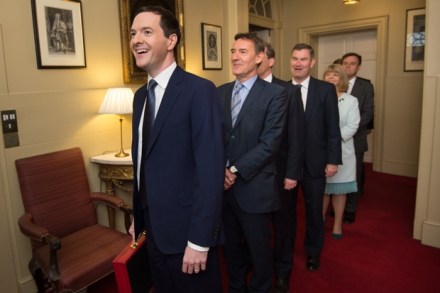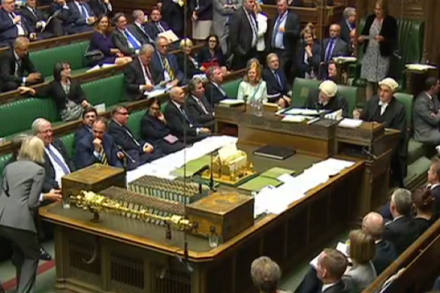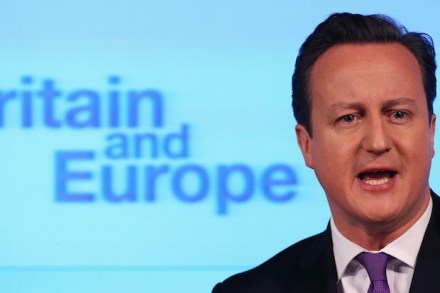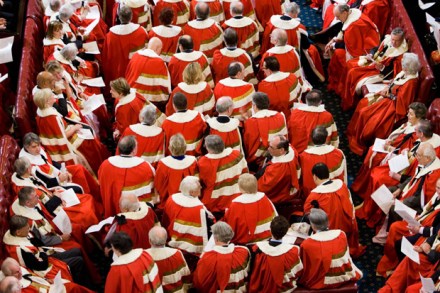Barometer | 17 September 2015
It’s their party Jeremy Corbyn won the Labour leadership contest with 60% of the vote among four candidates in the first round. Which leader has the largest mandate from their party? — David Cameron was elected in 2005 with 28% of the vote out of four candidates in the first round (held among MPs only). He won 68% of the party vote in the run-off with David Davis. — Tim Farron won 57% of the Lib Dem vote this year. Only two candidates stood. — Nicola Sturgeon was appointed as SNP leader unopposed last November. — Nigel Farage was elected Ukip leader in 2006 with 45% of the vote (among


















